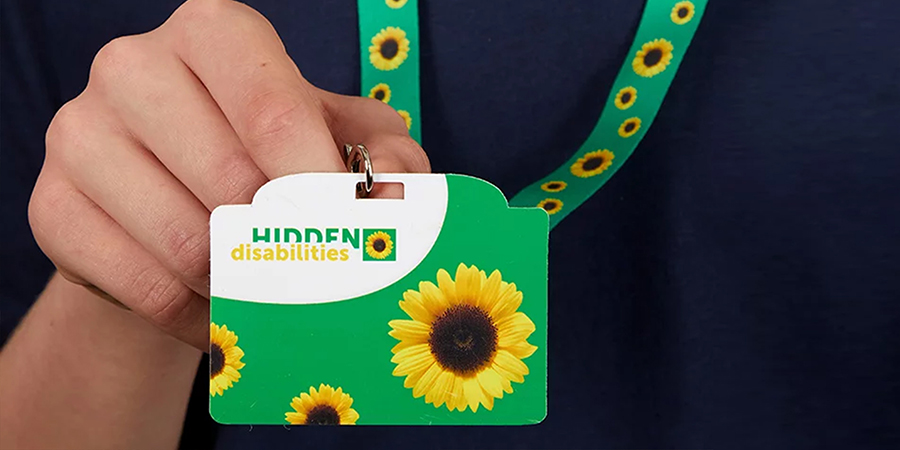Hidden Disabilities at Unitec
An estimated 1.3 billion people experience some form of disability. This represents 16% of the world’s population or 1 in 6 of us. That figure is increasing due to an ageing population combined with medical advances.
For many, disability or chronic conditions are not visible and are acquired as we age. These may be:
- Temporary, situational or permanent
- Neurological, cognitive and neurodevelopmental
- Physical, visual, auditory and including sensory and processing difficulties
- They also include respiratory, rare diseases and chronic conditions such as asthma and diabetes.
Currently, there are over 900 non-visible disabilities, conditions or chronic illnesses listed on the Hidden Disabilities Sunflower Website.
It’s the largest minority group in the world and it’s one that any of us can join at any time. When someone has non-visible conditions it can be hard to know that they may need additional support when at work or study
Unitec is now part of the Sunflower programme.
Unitec is committed to ensuring our workforce reflects the diversity of our akōnga (students) and the rich cultures represented within the local community we serve. Tangata (people) and community are at the heart of everything we do at Unitec.
As part of this commitment, we have recently joined the Hidden Disabilities Sunflower programme.
This programme was created to encourage inclusivity, acceptance and understanding.

The Hidden Disabilities Sunflower is here every day of the year to support people living with non-visible disabilities in their communities by raising awareness, training businesses and sharing stories to help create a more inclusive, understanding society.
It is a simple tool for you to share that you have a hidden disability voluntarily. Simply by wearing the Sunflower, you’re just letting everyone know that you might need extra help, understanding, or just more time.
What this means for our ākonga
Unitec kaimahi recognise the Sunflower Lanyard and can provide you with help you may need at the different stages of your time with us. If you are feeling overwhelmed, staff can slow down the process for you and offer extra assurance. Sometimes, the support provided might be in referring you to the appropriate student support service.
The Sunflower lanyard ensures that our staff are aware of an invisible disability and can support you if extra assistance is needed.
